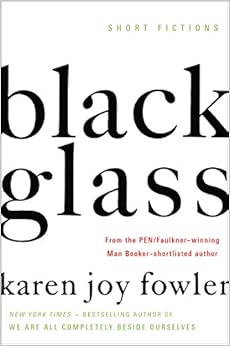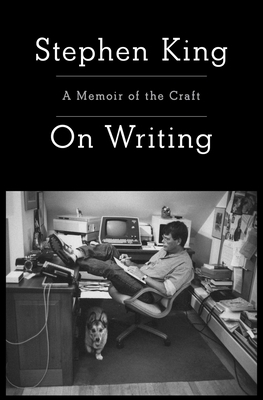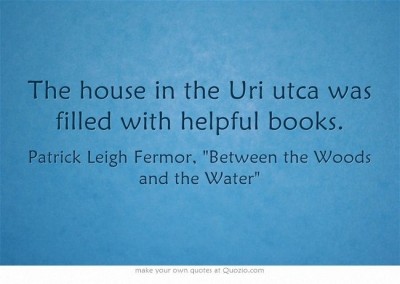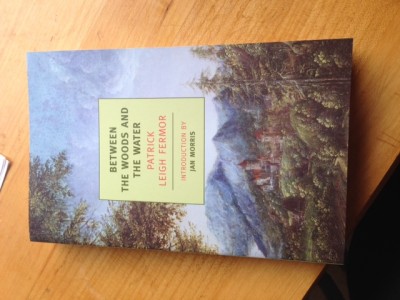by Michelle Richmond
(This article originally appeared in the July/August 2013 issue of Writer’s Digest Magazine.)
The term “genre fiction” traditionally refers to any novel that fits neatly into a prescribed category: science fiction, romance, mystery, Western. But the line between genre fiction and mainstream fiction becomes blurrier by the year, in part because readers have become more sophisticated, and in part because the publishing industry is expanding, finding new and ever more creative ways to reach audiences.
Just because a novel contains a murder doesn’t mean it will check the old boxes one used to expect from a mystery. Likewise, a man on a horse doesn’t automatically mean we’re in for a traditional Western. Kate Atkinson’s Case Histories and Cormac McCarthy’s celebrated apocalypse novel, The Road, come to mind. A thriller may be intensely character-driven, like Stewart O’Nan’s Songs for the Missing; and a novel that inhabits a richly imagined science fiction world may also be marketed as mainstream fiction, like Karen Thompson Walker’s The Age of Miracles.
M.J. Rose, internationally bestselling author of twelve novels and two nonfiction titles and founder of AuthorBuzz.com, knows what it means to face off against genre conventions. Her novels combine such diverse genres as romance, paranormal, and mystery, and are often also classified as historical fiction. Last year, Rose’s The Book of Lost Fragrances simultaneously made two best-of lists in very different genres: Amazon’s “Best Fantasy Novels” and Publishers Weekly’s “Best Mystery/Suspense.” But the success of Rose’s recent books belies a dilemma that she faced from the beginning of her writing career, and which she still confronts today. While reviewers and readers often praise the diversity of Rose’s books, that very diversity has been a headache in terms of publishing. “For years,” Rose says, “publishers told my agent that they loved my work but didn’t know how to market such cross-genre fiction.” If anything, she says, the cross-genre nature of her work made it harder to sell.
Literary agent Elizabeth Pomoda agrees. “Fiction in different genres is packaged and marketed differently and shelved on different bookstore shelves,” she says. “There’s no shelf for cross-genre fiction, so cross-genre fiction wouldn’t be the easiest way to start a career.” That said, the literary landscape is changing, and the gates are opening in ways no one could have predicted ten years ago. She notes that we are now living “in a bottom-up culture in which readers, not publishing conglomerates, are the gatekeepers, and word of mouth is replacing reviews.”
Julianna Baggott, bestselling author of nineteen books running the gamut from YA to poetry, knows a few things about genre-bending. The header logo on Baggott’s labyrinthine website reads, “Baggott, Asher, Bode,” the three names under which she writes. Baggott’s extraordinary career serves as proof that the challenges of crossing genre can also net huge rewards. “Switching from one genre to another is like hitting a release valve,” she says. “When one genre starts to feel limiting, another begins to look liberating.”
Baggott’s most recent novels, Pure and Fuse, are part of a science-fiction trilogy featuring young adult heroines whose stories will also appeal to adults. The worlds Baggott creates are fantastical, and the writing is as lyrical as it is suspenseful. Baggott encourages writers to take what they know from one genre and use it to their advantage in anything they write.
“Each genre has its own demands,” Baggott says, “and the lessons learned in one are often transferable to another. The impact of image and brevity honed in poetry are useful in the novel. The truth of essay helps with insights and epiphany in fiction. I call screenplays ‘plot poems,’ because both the poem and the screenplay must be able to bear up under the weight of so much white on the page, like a house buried under snow.”
This is part 1 of a 4-part series. Subscribe to my weekly writing and publishing tips to never miss a post.
 Black Glass, by Karen Joy Fowler
Black Glass, by Karen Joy Fowler Black Glass, by Karen Joy Fowler
Black Glass, by Karen Joy Fowler

